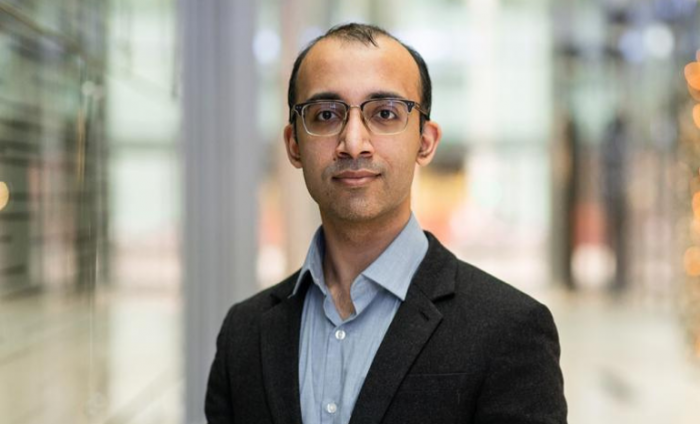
Throughout 2023, UCL School of Management PhD student Shivaang Sharma has collaborated with a number of United Nations bodies, including the UN Office for the Coordination of Humanitarian Affairs and United Nations Volunteers, in order to support and expedite the delivery of aid materials to the ongoing conflicts in Sudan and Gaza.
During an eight-month period, Shivaang coordinated Human-AI teams to trace and predict conflict evolution, as well as conduct needs of assessments of vulnerable social groups. In Sudan alone, Shivaang’s research estimates that there are over 20 million displaced people in urgent need of medical and social aid.
Additionally, Shivaang has also formed partnerships with leading information systems organisations, such as Data Friendly Space and IMMAP, to not only encourage greater understanding around natural learning processing (NLP) tools, such as DEEP, but to also raise awareness on the challenges faced by humanitarian agents and researchers while using such tools. He is due to make appearances at Cornell University, Imperial College London, Cambridge University and the University of Alberta in 2024 to present his findings and conduct workshops.
Discussing his projects, Shivaang told us, ‘Uncovering a single timely insight or pattern can be the difference between life and death. I’ve experienced this at first hand being immersed in crises contexts. But fishing for these important insights seems near-impossible given the unprecedented velocity, vastness and veracity of information flows during crises. Fortunately, my work with humanitarian partners finds hope through human-AI teams that rapidly create verifiable, actionable, inclusive insights to provide aid to victims of conflict zones. In the coming year, I am building a knowledge sharing community based on how to use novel tools and approaches across crisis contexts.’
Find out more about Shivaang Sharma’s research focus